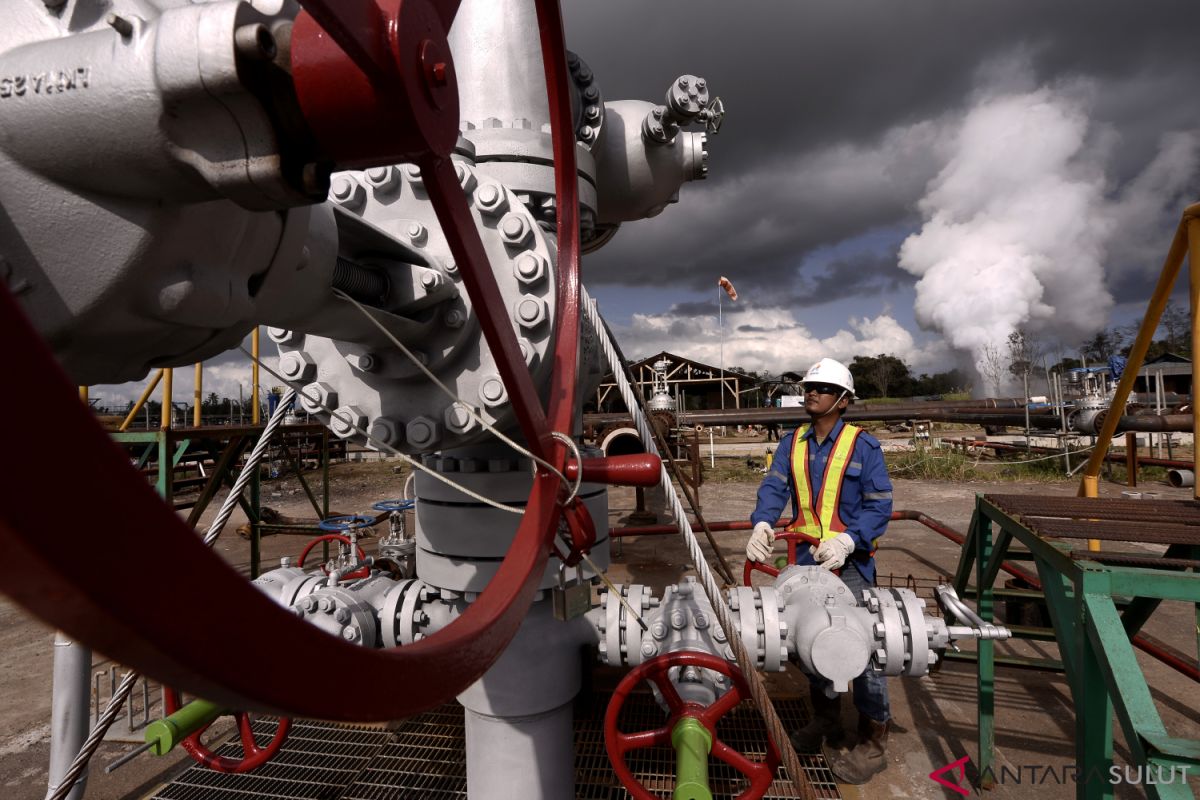The World Bank’s Board of Executive Directors has approved a US$150 million loan for Indonesia to scale up investments in geothermal energy by reducing the risks of early-stage exploration. The loan is accompanied by $127.5 million in grants from the Green Climate Fund and the Clean Technology Fund, two institutions supporting climate-friendly development, based on a statement from the World Bank received in Jakarta Saturday.
Geothermal energy is expected to play a significant role in reducing Indonesia’s greenhouse gas emissions. As a clean and renewable energy source that provides power continuously, geothermal can reduce the country’s dependence on coal-fired power and other fossil fuels. If geothermal resources can be accessed easily, costs are competitive with coal and natural gas.
"Indonesia’s geothermal sector has vast potential and our current installed geothermal power capacity is already the second largest in the world," Minister of Finance Sri Mulyani said.
Related news: Ministry of Finance encourages geothermal energy exploration
Geothermal is environmentally sustainable and developing this sector is an integral part of Indonesia’s overall energy security, as well as making the country less dependent on imported fuels.
Therefore, the Government of Indonesia is strongly committed to encourage participation by developers in exploring the geothermal potential and to provide support through this risk mitigation facility, Sri Mulyani remarked.
Under the Indonesia Geothermal Resource Risk Mitigation (GREM) project, the financing will help public and private sector developers to mitigate risks in exploration of geothermal resources, including covering a part of the cost in case of unsuccessful exploration.
The project will also finance technical assistance and capacity building of key stakeholders in the geothermal sector.
"To achieve the government’s target of 23 percent renewable energy mix by 2025 requires contributions from geothermal development of about 7 percent or equal to 7,000 MW. It is an ambitious and huge development with a total investment of $35 billion," said FX Sutijastoto, Director General of New, Renewable Energy, and Energy Conservation, of the Ministry of Energy and Mineral Resources.
Related news: Renewable energy plants development remains sluggish: Kalla
Geothermal projects are risky investments especially at the exploration stage, and no financial institutions provide funding for this early stage.
"We are happy to welcome the GREM facility, dedicated to financing exploration activities and provides a risk-sharing instrument. The project would help answer a big challenge in exploration financing and contribute to the success of Indonesia’s geothermal development," FX Sutijastoto said.
The cost of exploration drilling is relatively small compared to the total cost of developing geothermal power. However, it is the riskiest phase and finding this initial capital has proven to be challenging for developers since they may not recover the cost if the drilling reveals that the geothermal resource is not economically viable.
"Financing for exploration drilling has been among the main barriers for geothermal expansion in Indonesia. Overcoming this hurdle will allow Indonesia to fully tap into the country’s large geothermal potential. The World Bank is committed to helping Indonesia achieve universal access to electricity as for a cornerstone for economic growth, job creation, and prosperity for the citizens of Indonesia," World Bank Country Director for Indonesia and Timor-Leste Rodrigo A. Chaves said.
EDITED BY INE
Related news: Indonesia hopes to produce 9,500 MW of geothermal power in 2025
Editor : Mahdani
COPYRIGHT © ANTARA News Kalimantan Selatan 2019

